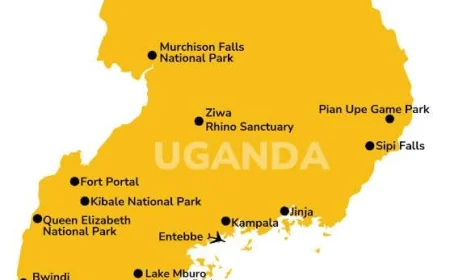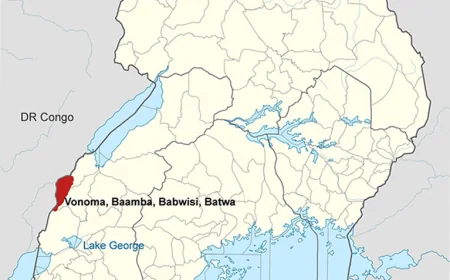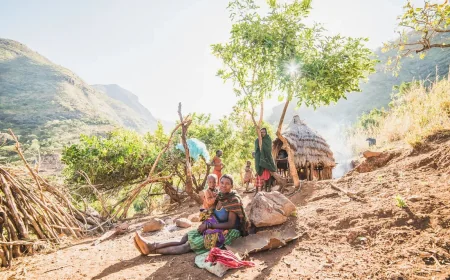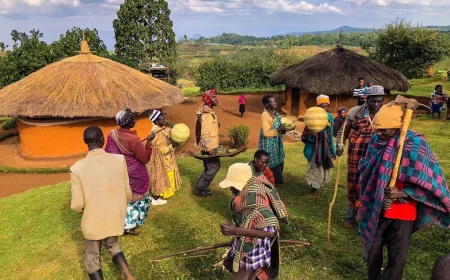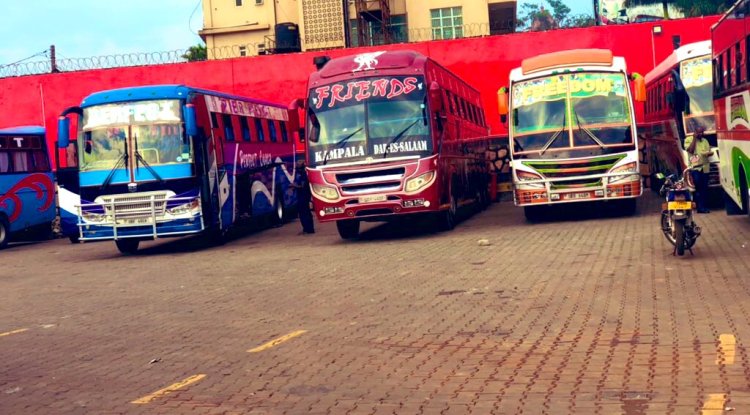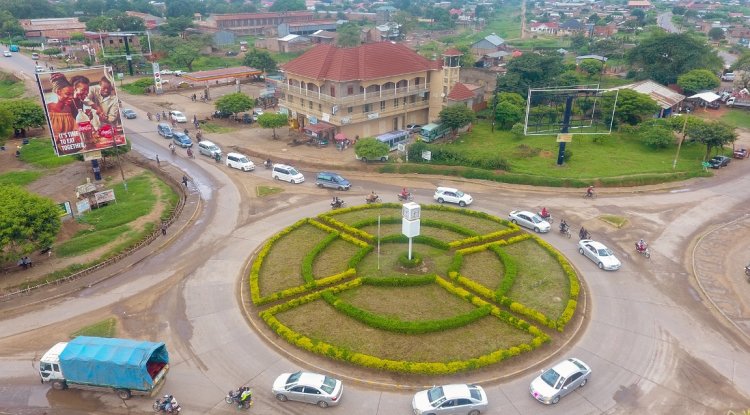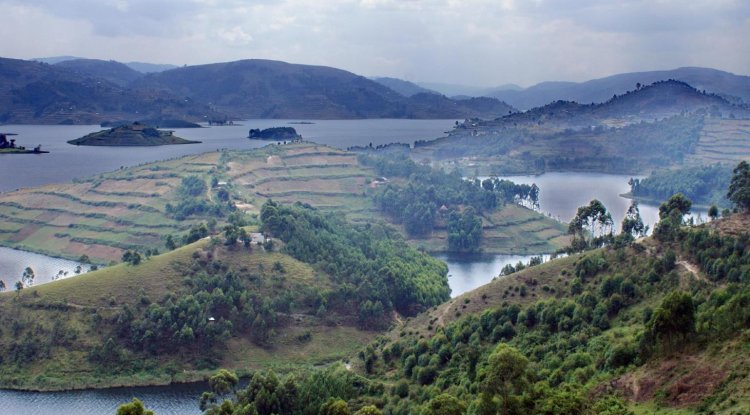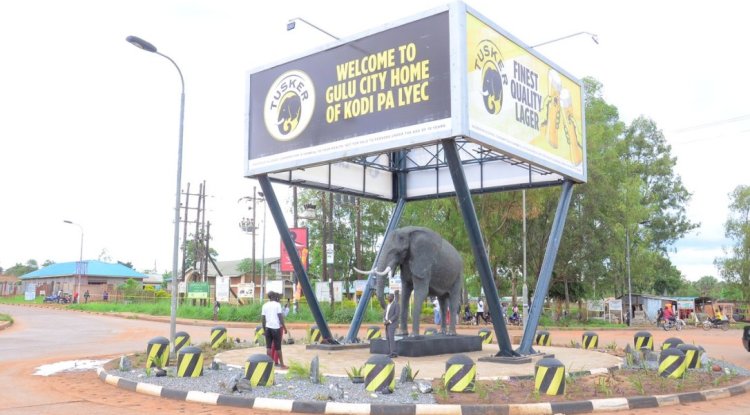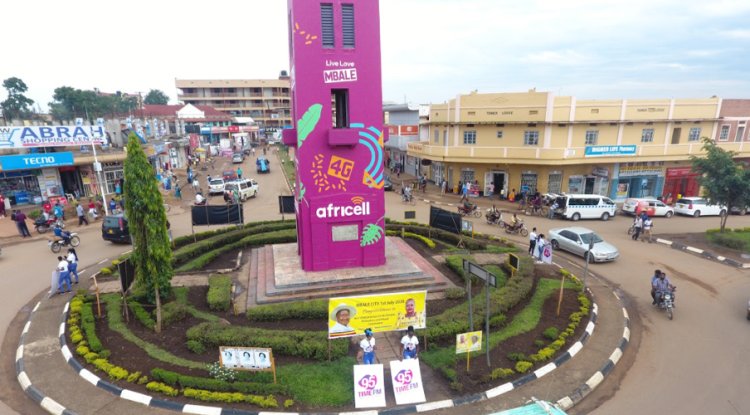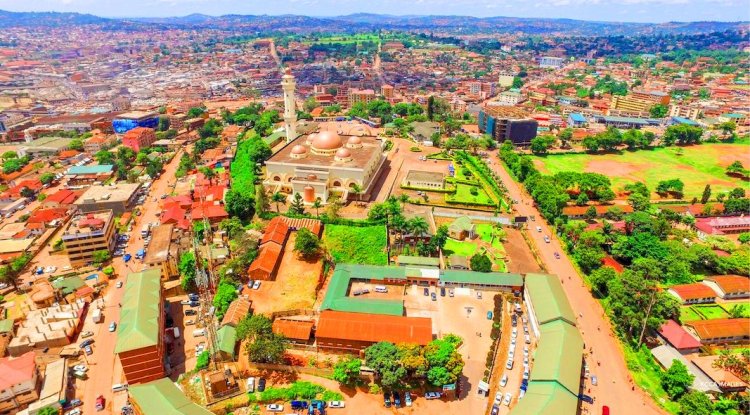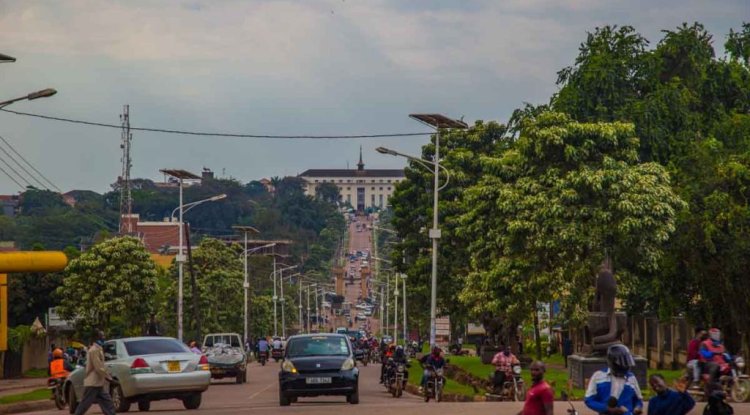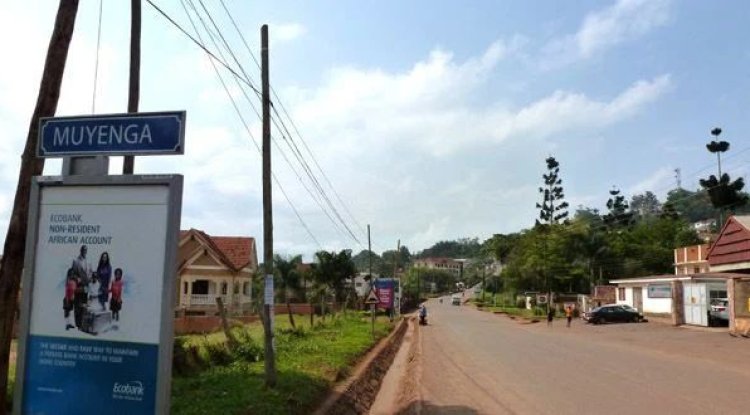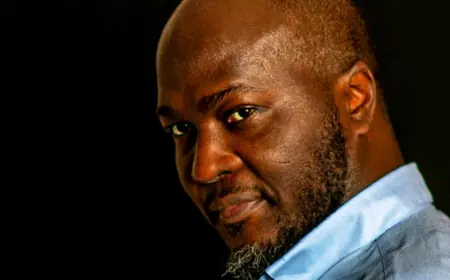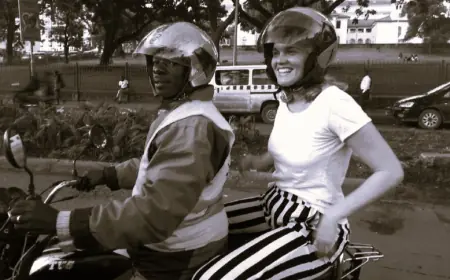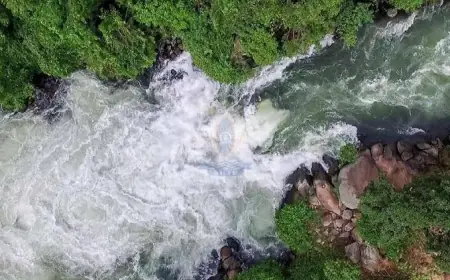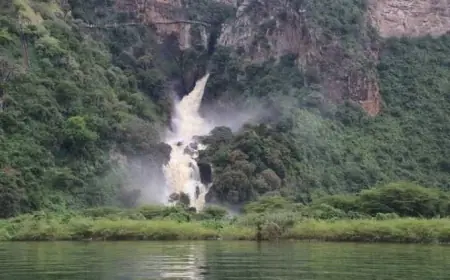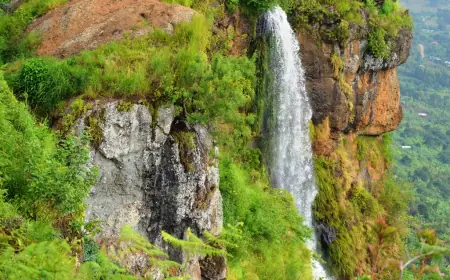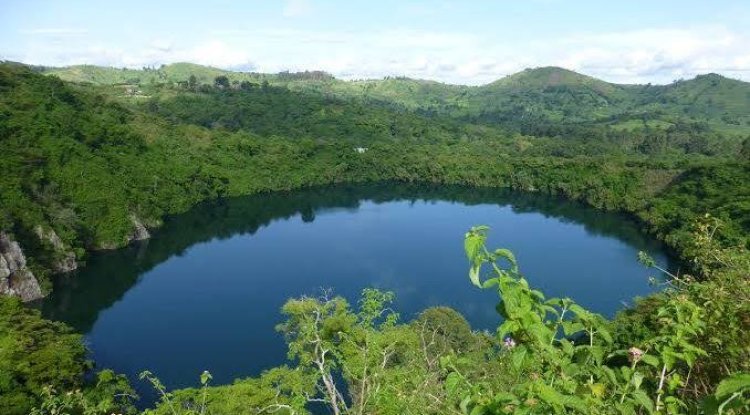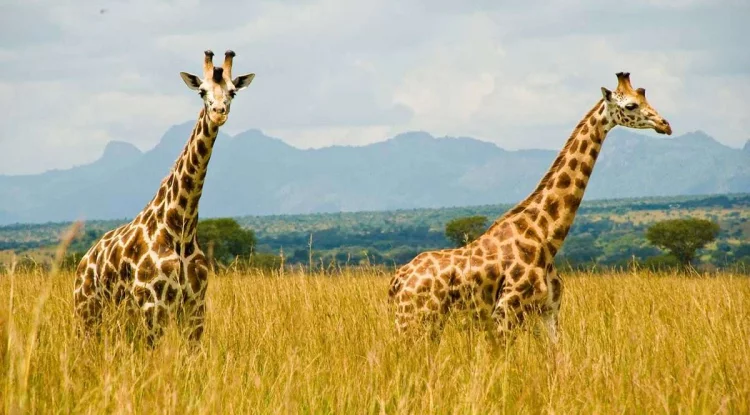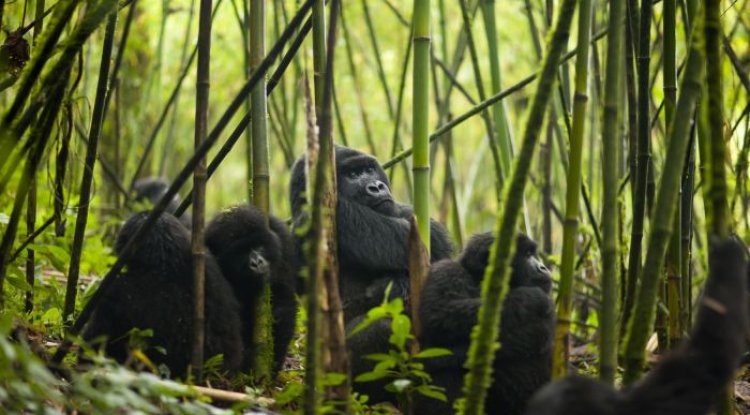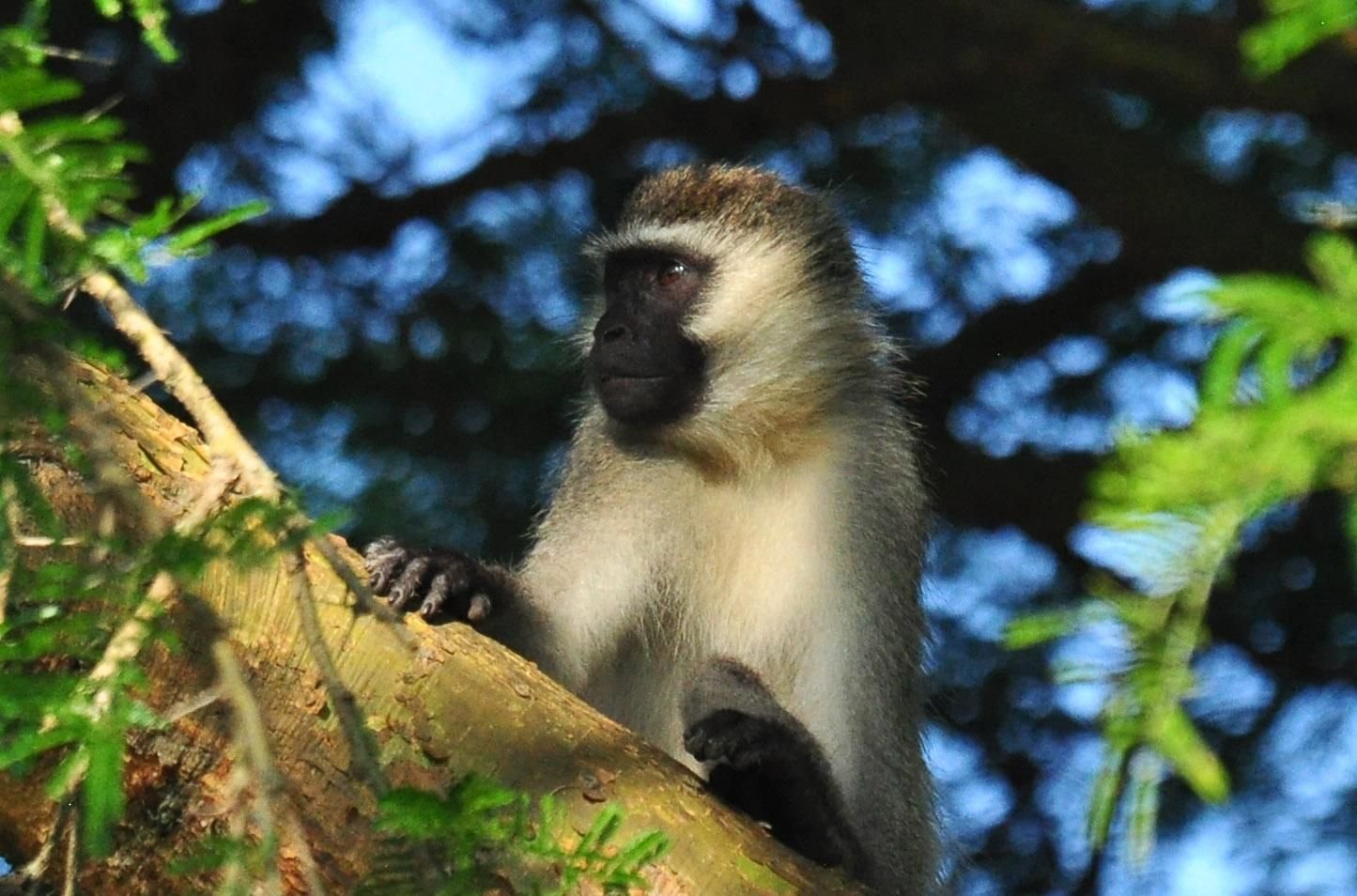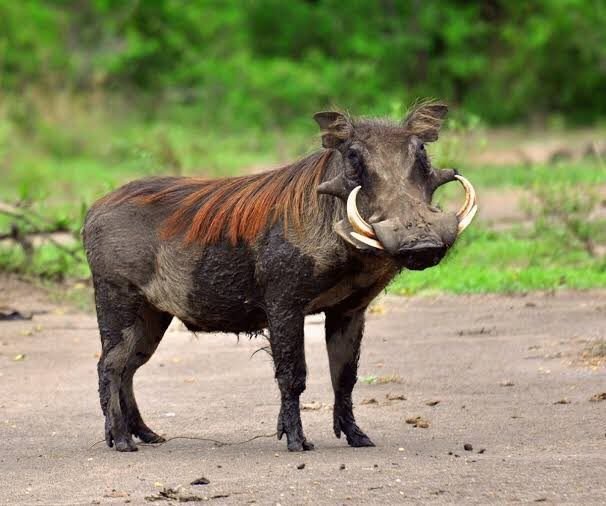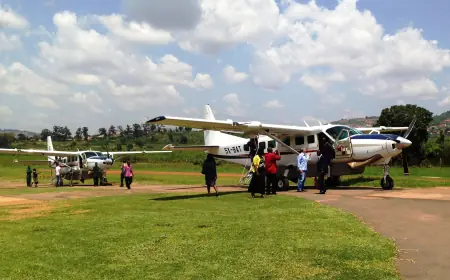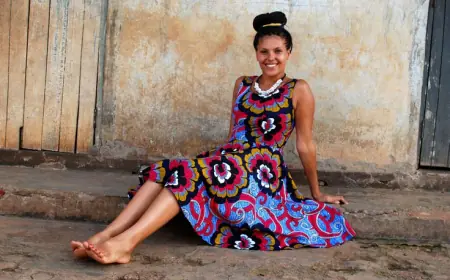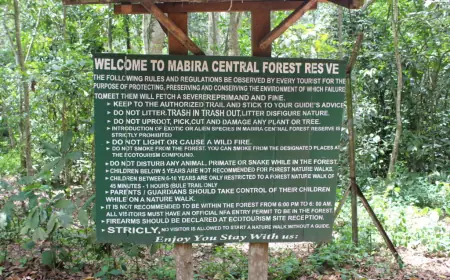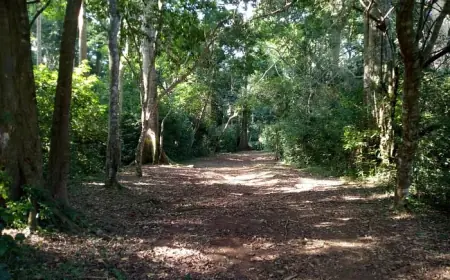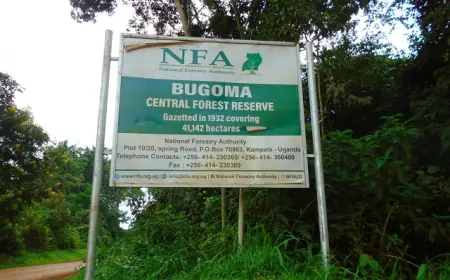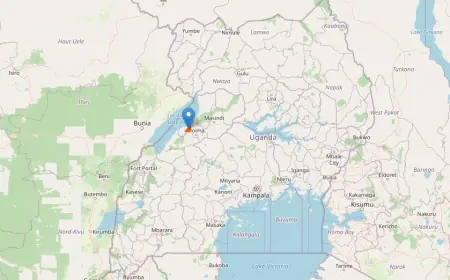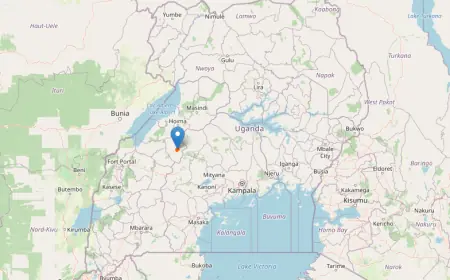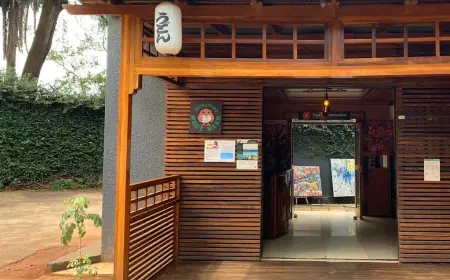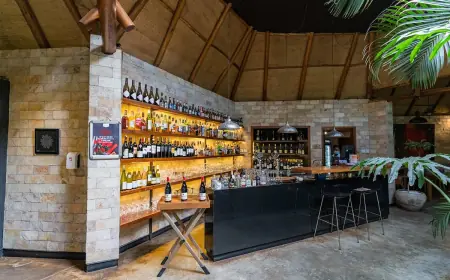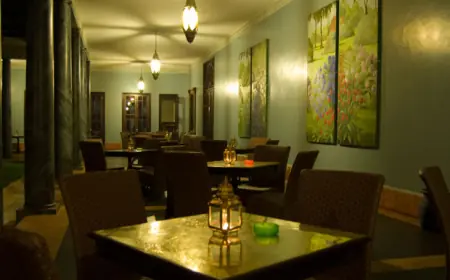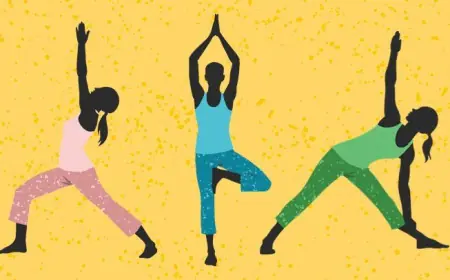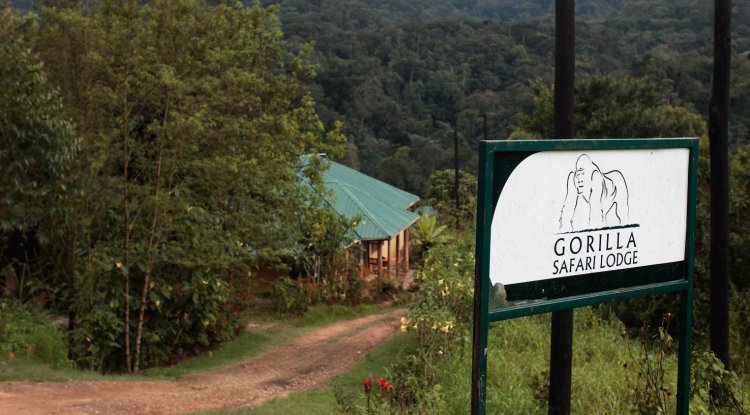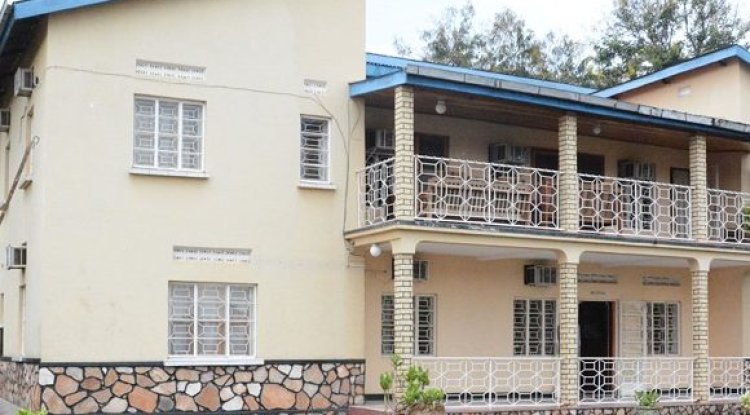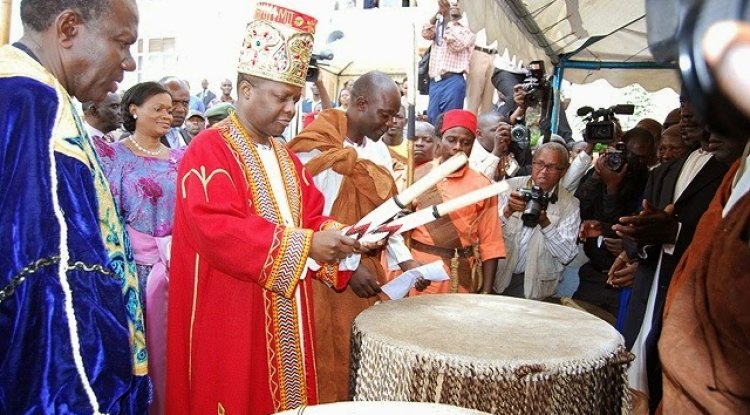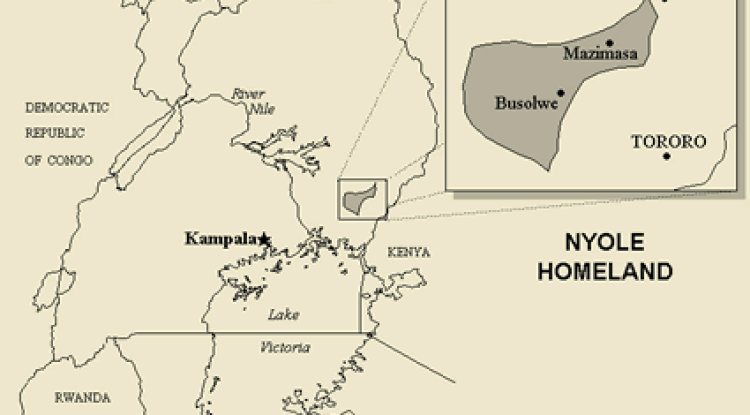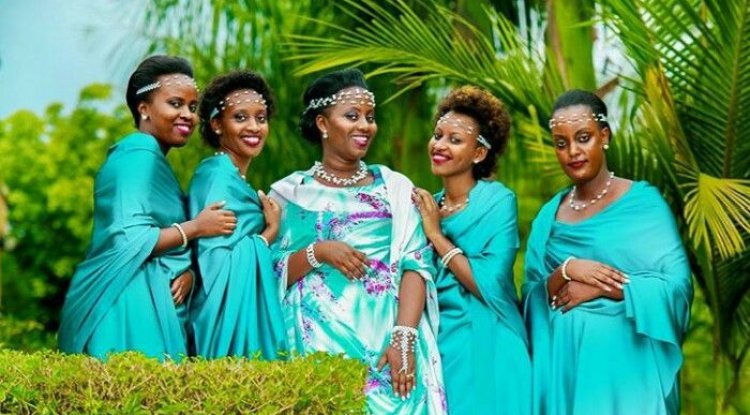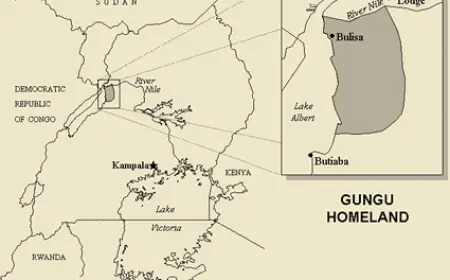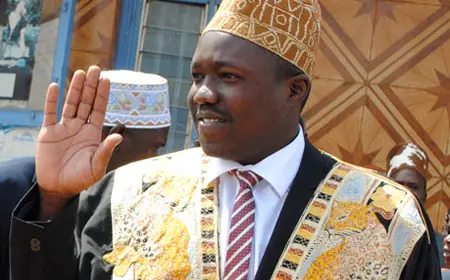Babwisi: The Hidden Tribe of the Rwenzori Mountains
The Babwisi are a hidden tribe of the Rwenzori Mountains who have a rich and diverse history, culture, and religion but also face many challenges and opportunities in the modern world.
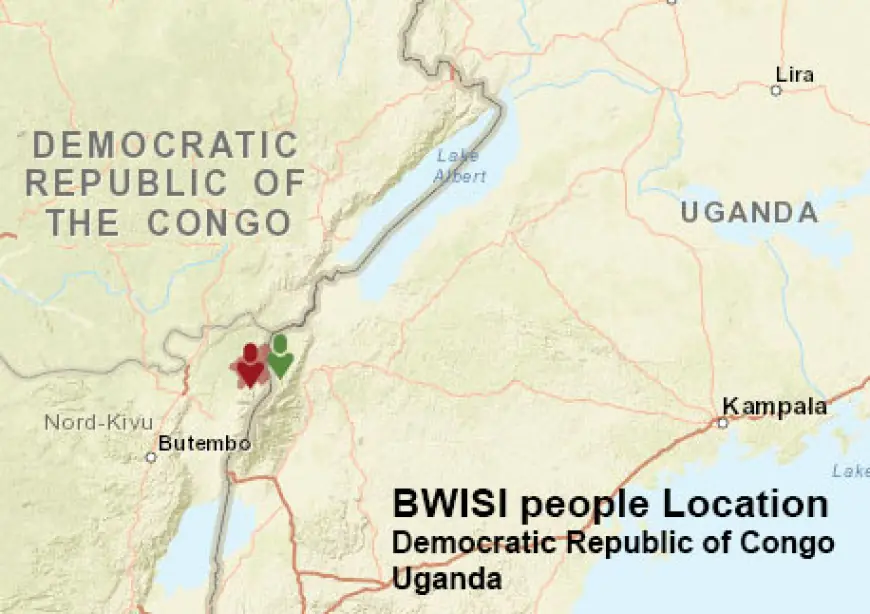
Imagine living in a remote area surrounded by dense forests and towering mountains, where your culture and language are distinct from those of your neighbors. Imagine being part of a small tribe that has a rich history and a unique way of life but is often overlooked or misunderstood by the outside world. This is the reality of the Babwisi, a tribe of about 200,000 people who inhabit the slopes and plains of the Rwenzori Mountains, along the border of Uganda and the Democratic Republic of the Congo.
Who are the Babwisi?
The Babwisi, or Bwisi, are a little Bantu-speaking group who belong to the larger Toro cluster of tribes. Their name means “the people of Bwamba," which is the name of their homeland, a county in the Bundibugyo district of western Uganda. The Babwisi have a close relationship with the neighboring Bakonzo and Bamba tribes, who share some aspects of their culture and language. However, the Babwisi also have their own identity and traditions, which set them apart from other groups.
The Babwisi are mainly subsistence farmers who grow crops such as maize, cassava, beans, potatoes, soybeans, yams, groundnuts, millet, and bananas. They also raise livestock, such as goats, sheep, pigs, and chickens, and keep bees for honey. Some of the Babwisi also engage in cash crop farming, such as cocoa and vanilla, which they sell to local and international markets.
What is the history of the Babwisi?
The Babwisi have a long and complex history that dates back to the pre-colonial era. According to oral traditions, the Babwisi claim to be the oldest among the Toro tribes and the original inhabitants of Bwamba.
The Babwisi were part of the Toro Kingdom, which was founded in the 16th century by a prince named Olimi, who rebelled against his father, the king of Bunyoro. The Toro Kingdom expanded its territory and influence over the years and had a close alliance with the British colonialists, who recognized it as a protectorate in the late 19th century. The Babwisi enjoyed some privileges and benefits under the Toro Kingdom, such as access to land, trade, and education.
However, the Babwisi also faced oppression and discrimination from the Toro rulers, who imposed taxes, forced labor, and cultural assimilation on them. The Babwisi resisted the Toro domination and fought for their autonomy and identity. In the 1960s, the Babwisi staged a rebellion against the Toro Kingdom and declared their independence. They formed their own district, called Bundibugyo, and elected their own leaders. The Babwisi also developed their own language, called Lubwisi, which is a mixture of Toro, Konzo, and Swahili. The Babwisi have maintained their self-governance and language ever since and have resisted attempts by the Toro Kingdom to reclaim their territory or authority.
What are the beliefs and practices of the Babwisi?
The Babwisi have a diverse and dynamic religious landscape, which reflects their history and culture. The majority of the Babwisi are Christians who belong to various denominations, such as Anglican, Catholic, Pentecostal, and Seventh-day Adventist. Christianity was introduced to the Babwisi in the 1920s by a Mubwisi man who converted to Anglicanism and became a catechist. He was assisted by some Batooro missionaries, who evangelized and baptized many Babwisi. Christianity has had a significant impact on the Babwisi, as it has provided them with education, health care, social services, and spiritual guidance.
However, Christianity has not completely replaced the traditional religion of the Babwisi, which is still practiced by some, especially the elderly. The traditional religion of the Babwisi is based on the belief in a supreme being, called Ruhanga, who created the world and everything in it. The Babwisi also believe in the existence of spirits, ancestors, witches, and sorcerers who can influence their lives for good or evil. The Babwisi perform rituals and ceremonies to appease or communicate with these supernatural forces, such as offering sacrifices, consulting diviners, wearing charms and amulets, and observing taboos and customs. The traditional religion of the Babwisi is often mixed with other religions, such as Christianity and Islam, creating a syncretic and eclectic form of faith.
Music and dance
The Babwisi also have a vibrant musical and dance tradition, which they use to celebrate, entertain, educate, and worship. The Muleddu is a well-known dance performed around a fire with movements that mimic farming tasks. Animist Babwisi of Uganda believe that drumming can induce a trance state. The Babwisi also have a variety of dances, which are performed by men, women, and children and involve movements, gestures, costumes, and props that reflect their identity and values.
Food
The Babwisi have a distinctive cuisine that is based on their staple crops, such as cassava, maize, beans, potatoes, and bananas. The Babwisi prepare their food in various ways, such as boiling, roasting, frying, and baking, and use spices, herbs, and sauces to enhance the flavor. The Babwisi also eat meat, fish, eggs, milk, and honey, which are considered delicacies.
Marriage
While it's acceptable for couples to elope, it's crucial that family come to a consensus about the union.
The bride and groom designate a "spokesperson," and their families are seated across from one another at this lavish and significant event. Goats are given to the bride's family by the groom's family; the bride's family chooses whether to accept or reject the gift depending on whether they believe the animal is fertile (based on the animal's physical condition); the groom's family pays for the goat's food if it is determined to be too little in order to increase its health and fertility; and apart from the animal, the bride's family also requests mineral oil. The two families also talk about any disagreements during this part of the wedding and attempt to come to an understanding or extend forgiveness for wrongdoing so that they can go forward in peace after the two families are joined in marriage.
Death
It is customary for the deceased's relatives to spend four days sleeping on the ground outside the deceased relative's previous residence when they pass away.
Animists hold that spirits can change from being good or evil after death, that good spirits should be placated in order to gain protection or favor, and that bad spirits can be exorcised. When remembering the deceased at the funeral ritual, attention is focused on the person's lineage, their offspring, and their property. In Uganda, burials are among the more significant rites; they are events for the entire community.
Conclusion
The Babwisi are a hidden tribe of the Rwenzori Mountains who have a rich and diverse history, culture, and religion but also face many challenges and opportunities in the modern world. The Babwisi are resilient and resourceful people who have survived and thrived in their harsh and hostile environment and have contributed to the development and peace of their region and country. The Babwisi are a proud and dignified people who have preserved and celebrated their identity and culture and have demanded and deserved their rights and recognition. The Babwisi are fascinating and inspiring people who deserve more attention and appreciation from the outside world.
What's Your Reaction?
 Like
1
Like
1
 Dislike
0
Dislike
0
 Love
3
Love
3
 Funny
0
Funny
0
 Angry
0
Angry
0
 Sad
0
Sad
0
 Wow
1
Wow
1
